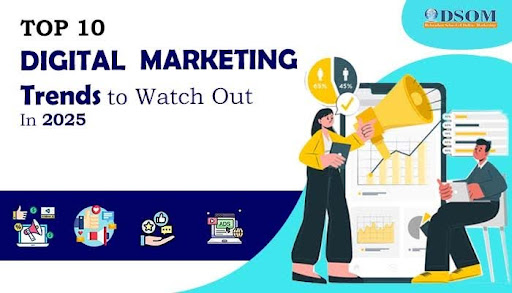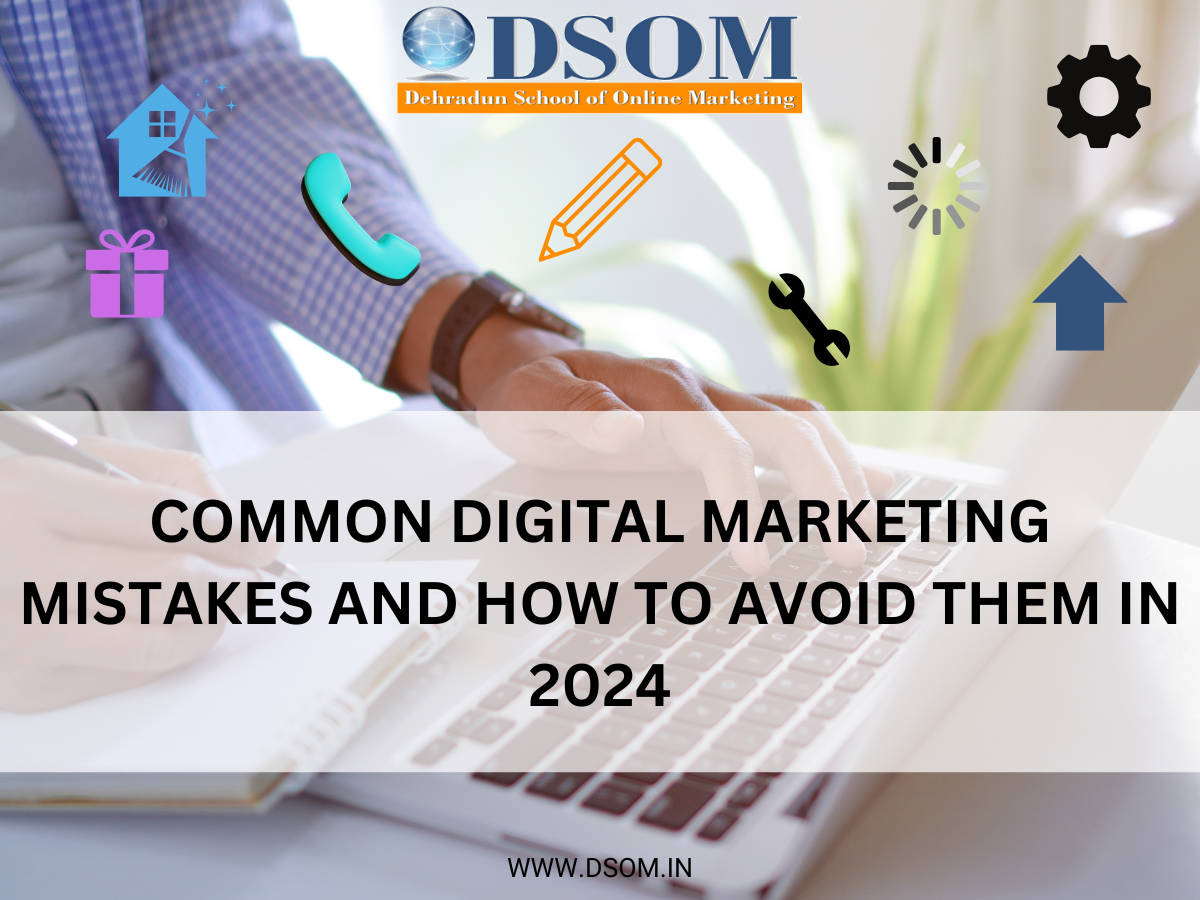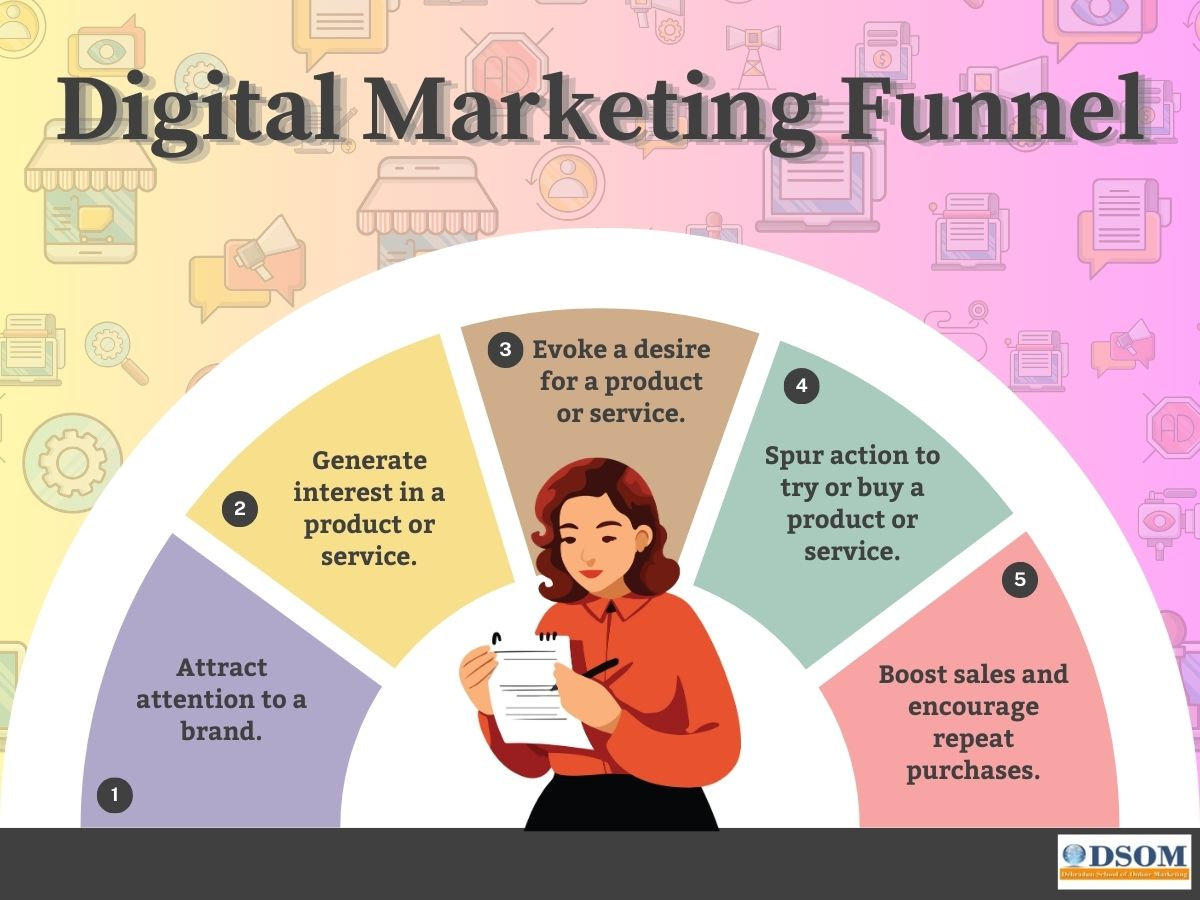Off-Page SEO: The Powerhouse Behind Your Website's Visibility
In the competitive world of SEO, ranking high on search engine results pages (SERPs) can feel like winning the digital lottery. But SEO isn't just about optimizing your website itself (on-page SEO). There's another crucial factor at play: off-page SEO.
So, what exactly is off-page SEO?

Imagine your website as a store on a bustling street. On-page SEO focuses on making your store look attractive and well-organized (think product displays and clear signage). Off-page SEO, on the other hand, is about building your reputation in the neighborhood. It's about getting people to talk about your store, recommending it to others, and establishing it as a trusted destination.
Here's a breakdown of how off-page SEO translates to the digital world:
- Off-page SEO focuses on activities performed outside your website. This includes building backlinks, engaging in social media marketing, and influencer outreach.
- The goal of off-page SEO is to increase your website's authority and credibility in the eyes of search engines.
- By earning positive signals from external sources, you essentially tell search engines your website is valuable and noteworthy. This can significantly influence your ranking for relevant search terms.
Essential Techniques for Off-Page SEO Success:

Now that you understand the concept, let's explore some key techniques to master off-page SEO:
- Link Building: This is the heart of off-page SEO. Backlinks, as discussed previously, act as votes of confidence from other websites. The more high-quality backlinks you have, the stronger your website's reputation appears to search engines.
- Social Media Marketing: Active social media presence isn't just about brand awareness. Sharing valuable content and engaging with your audience can attract organic backlinks and drive referral traffic to your website.
- Guest Blogging: Contributing guest articles to relevant websites within your niche exposes your brand to a new audience and earns you a valuable backlink from the host website.
- Online Reputation Management: Actively monitor and respond to online reviews and mentions of your brand. Positive mentions can indirectly boost your website's authority.
- Influencer Marketing: Partnering with relevant influencers in your niche can leverage their audience reach and credibility to promote your website and content, potentially leading to backlinks and increased brand awareness.
- Broken Link Building: Find websites with broken links pointing to outdated content. Reach out and offer your own insightful content as a replacement, acquiring a backlink in the process.
How Off-Page SEO Impacts Your Google Ranking:

Off-page SEO plays a critical role in influencing your Google ranking in several ways:
- Backlink Strength: As mentioned earlier, backlinks act as a popularity contest for search engines. High-quality backlinks from trusted websites signal to Google that your content is valuable and deserves a higher ranking.
- Website Authority: The more positive signals you receive from external sources through off-page SEO techniques, the higher your website's authority appears in the eyes of search engines. This translates to better rankings for relevant search terms.
- Brand Awareness & User Engagement: Off-page SEO efforts like social media promotion can increase brand awareness and user engagement with your website. Google considers user engagement metrics when ranking websites, so a strong off-page SEO strategy can indirectly improve your ranking.
The Takeaway: Off-Page SEO - A Vital Piece of the Puzzle
While on-page SEO is crucial for website optimization, neglecting off-page SEO would be like opening your fantastic store without any marketing or advertising. Off-page SEO builds your website's reputation and authority, leading to better Google rankings, increased website traffic, and ultimately, a thriving online presence.
 How to Turn Your Photos into Ghibli-Style Art with ChatGPT for Free
How to Turn Your Photos into Ghibli-Style Art with ChatGPT for Free Top 10 AI Tools for Plagiarism-Free Content Writing: Boost Your SEO & Digital Marketing Efforts
Top 10 AI Tools for Plagiarism-Free Content Writing: Boost Your SEO & Digital Marketing Efforts The Rise of Graphic Designing in 2025: A Career Guide.
The Rise of Graphic Designing in 2025: A Career Guide. The Rise of Video Editing: A Crucial Skill in 2025
The Rise of Video Editing: A Crucial Skill in 2025 Top 10 Digital Marketing trends in 2025
Top 10 Digital Marketing trends in 2025 Common Mistakes in Digital Marketing and How to Avoid Them 2025
Common Mistakes in Digital Marketing and How to Avoid Them 2025 The Future of Digital Advertising: What You Need to Know
The Future of Digital Advertising: What You Need to Know Social Media Marketing in 2024: Strategies for Maximum Engagement
Social Media Marketing in 2024: Strategies for Maximum Engagement Building a Successful Digital Marketing Funnel: A Step-by-Step Guide
Building a Successful Digital Marketing Funnel: A Step-by-Step Guide 5 ways to make money from home using AI (Artificial-Intelligence) in 2024
5 ways to make money from home using AI (Artificial-Intelligence) in 2024